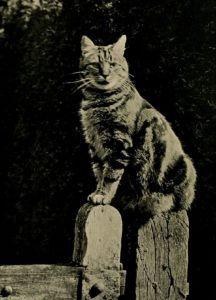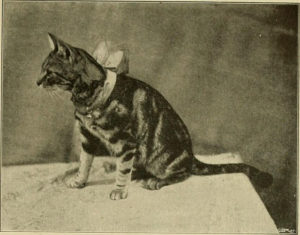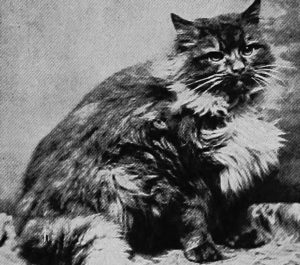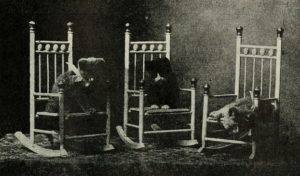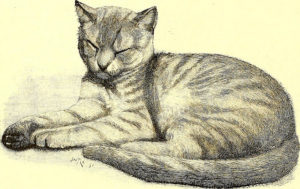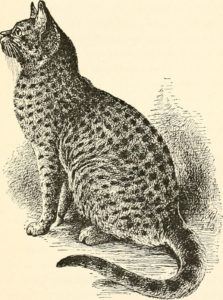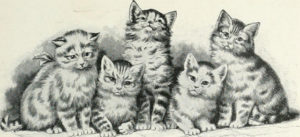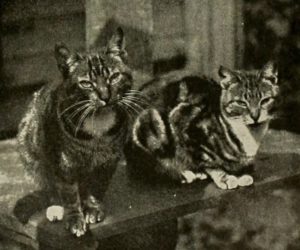
83rd chat, Tuesday June 6 2017: queer communities in academic libraries
6pm Pacific / 7pm Mountain / 8pm Central / 9pm Eastern
Moderated by @infinity_dots & @brinepond
Storify (pdf, html) by @infinity_dots
Queer – we’re using the term queer as an umbrella term for anyone who identifies as LGBTQIA+.
Suggested readings:
- Chronicle of Higher Education. ‘Ask Me’: What LGBTQ Students Want Their Professors to Know. https://www.youtube.com/watch?v=rnbnF8QAnsY
- Ettarh, Fobazi. Black or Queer? Life at the Intersection. Hack Library School: https://hacklibraryschool.com/2013/11/19/black-or-queer-life-at-the-intersection/
- Stewart, Dafina-Lazarus. Language of Appeasement. Inside Higher Ed: https://www.insidehighered.com/views/2017/03/30/colleges-need-language-shift-not-one-you-think-essay
Discussion questions:
- Q1. What do you do (or plan to do) to support queer communities on your campus?
#critlib - Q2. Looking @ Q1 who’s being left out? (due to race, ethnicity, age, socioeconomic status, non-trad students, +)
#critlib - Q3. What can librarians do to show support for transgender students, fac, staff in particular?
#critlib - Q4. Has anyone surveyed students, fac, staff to determine queer needs on campus?
#critlib - Q5. Moving forward what do you consider to be a primary need for the queer communities on your campuses?
#critlib

